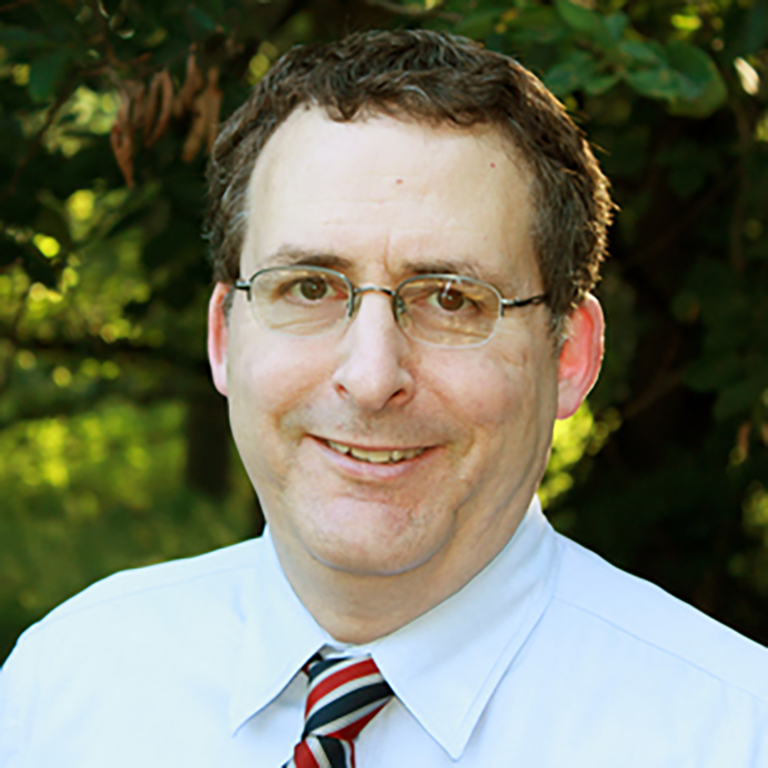
Daniel Cole
Professor, Maurer School of Law and School of Public and Environmental Affairs
Research interests: Climate change, property systems, resource governance, pollution control.

Daniel Cole
Professor, Maurer School of Law and School of Public and Environmental Affairs
Research interests: Climate change, property systems, resource governance, pollution control.

James Robert Farmer
Associate Professor, School of Public and Environmental Affairs
Research interests: Community food systems, sustainable agriculture, natural resources and protected areas, conservation/sustainability environmental, sustainable behavior, rural landscapes and people, community based participatory research, institutional analysis.
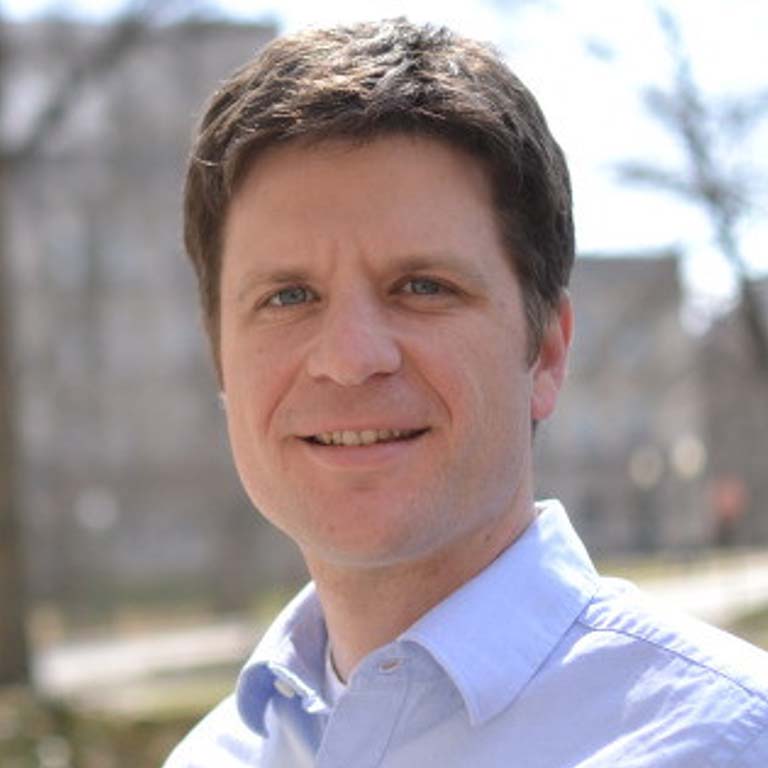
Darren Ficklin
Assistant Professor, Geography
Research interests: Watershed hydrology. Surface water, ground water, and water quality modeling. Examining the effects of climate change on aquatic species ecosystems. Drought modeling and assessment.

Brian J. Gilley
Professor, Anthropology
Gilley works on the relationship between heritage, food, and environment. Projects include work on taste and heritage on the island of Ishcia, Italy, and family-run gastronomy businesses in Salerno, Italy. Research interests: Italy, taste, gastronomy, food ecology, labor, island cultures.

Ed Herrmann
Research Scientist, Earth and Atmospheric Sciences
Research interests: Geoarchaeology, geomorphology, landscape analysis, settlement distributions, GIS, lithic analysis, Paleoindian archaeology, hunter-gatherers, predictive modeling, fermented foods and beverages. Geographical areas of specialization: North America, American Midwest.
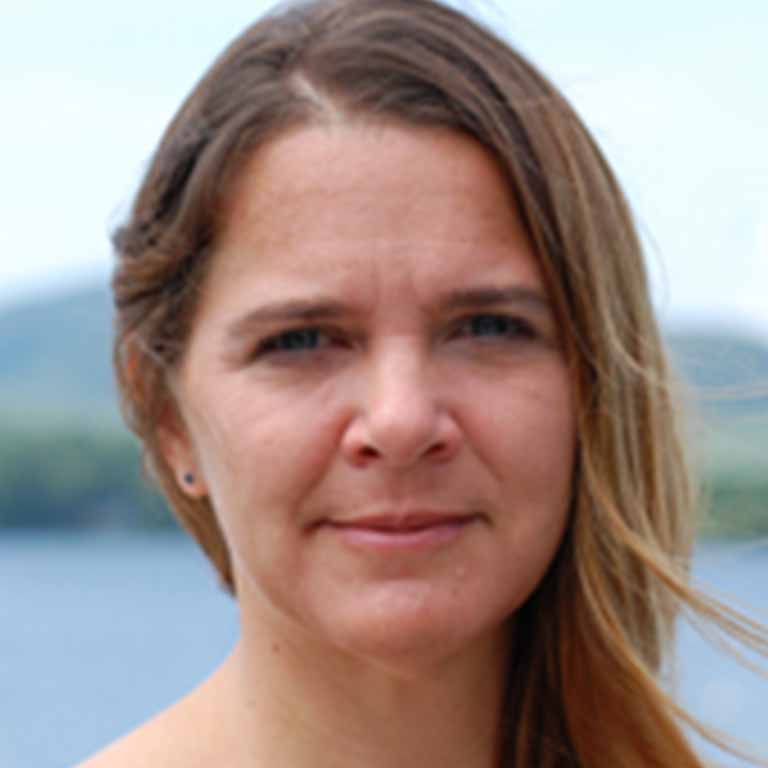
Stacie King
Chair, Anthropology
King's research focuses on the peoples of Oaxaca, Mexico, between 1500 B.C. to the present. She is particularly interested in how people in the past negotiated their place in the social, political, and economic world around them. King is interested in the ways that people figure out and creatively construct who they are, how they materially mark themselves in different social settings, and how they experience life as people with multiple overlapping and intersecting social identities. Research interests: Ancient and colonial Mexico, household archeology, identity, food practices, soundscapes, social theory, colonialism, soil chemistry, and microsale methods in archeology. Geographical areas of specialization: Mexico (Oaxaca), Mesoamerica.

Daniel Knudsen
Professor, Geography
Research interests: Critical food studies, political economy, spatial analytics. Lab website: https://cfslab.weebly.com/
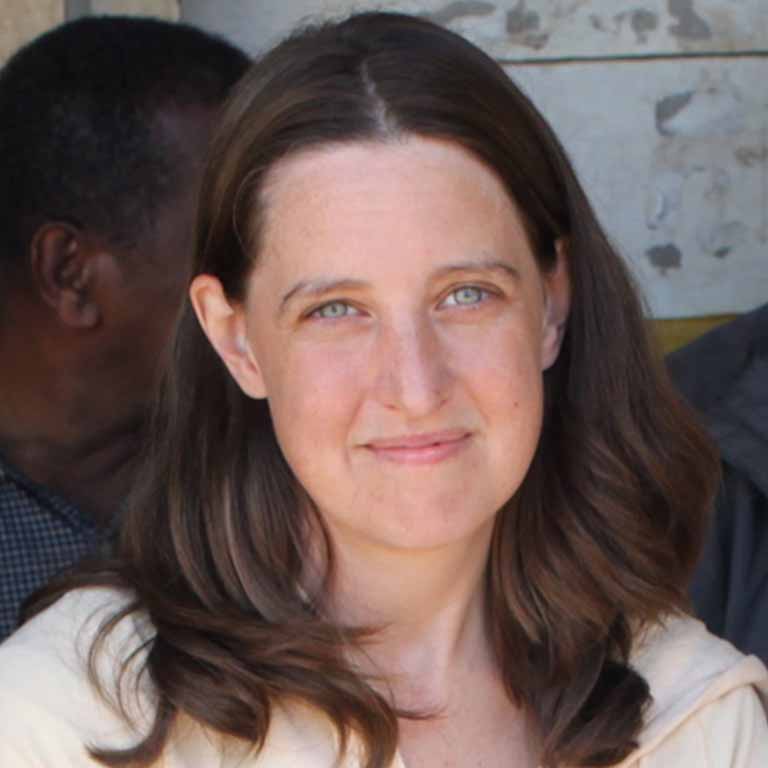
Sarah Osterhoudt
Associate Professor, Anthropology
Osterhoudt's research examines the relationships between people, the environment, and global trade systems, especially within agricultural and agro-ecological landscapes. She asks: "What are the connections between the cultivation of land and the cultivation of self?" Osterhoudt investigates ways agrarian landscapes emerge as cultural landscapes, where individuals simultaneously cultivate meanings, moralities, and memories. Research interests: Environmental anthropology, agrarian studies, agro-ecological systems, political ecology, trade and development, anthropology of knowledge. Geographical areas of specialization: Madagascar, Africa, Indian Ocean.

Scott Robeson
Professor, Geography
Research interests: Climate change, detection, and impacts; statistical analysis of environmental change; spatial statistics and time-series analysis.
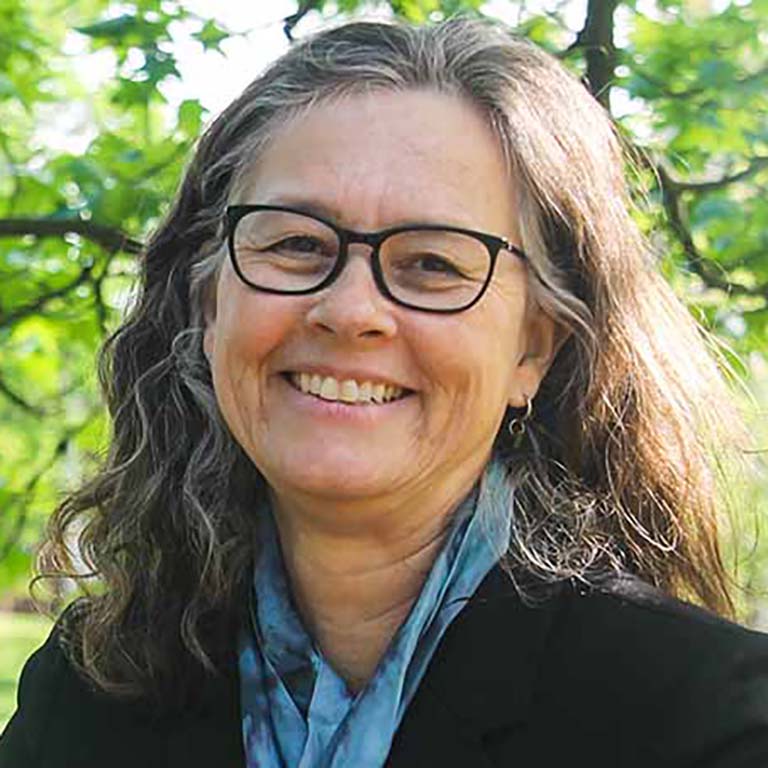
Jennifer Meta Robinson
Professor of Practice, Anthropology
Research interests: Food and the natural environment in expressive and popular culture, intersections of community and identity in education, scholarship of teaching and learning, pedagogy. Professional website: https://www.jennifermetarobinson.com.

Michael D. Wasserman
Professor, Anthropology
Research interests: Wasserman's research interests include primate ecology and evolution, environmental endocrinology, nutritional anthropology, evolutionary medicine, and conservation and sustainability. He is examining ecological and evolutionary relationships between wild primates and their estrogenic plant foods, with relevance to understanding the roles of endocrine disruptors in primate conservation, human evolution, and modern human health and diet. Lab website: https://mdwasserman.com